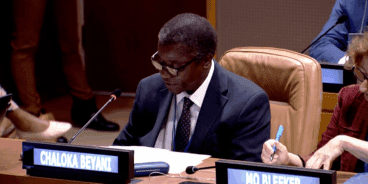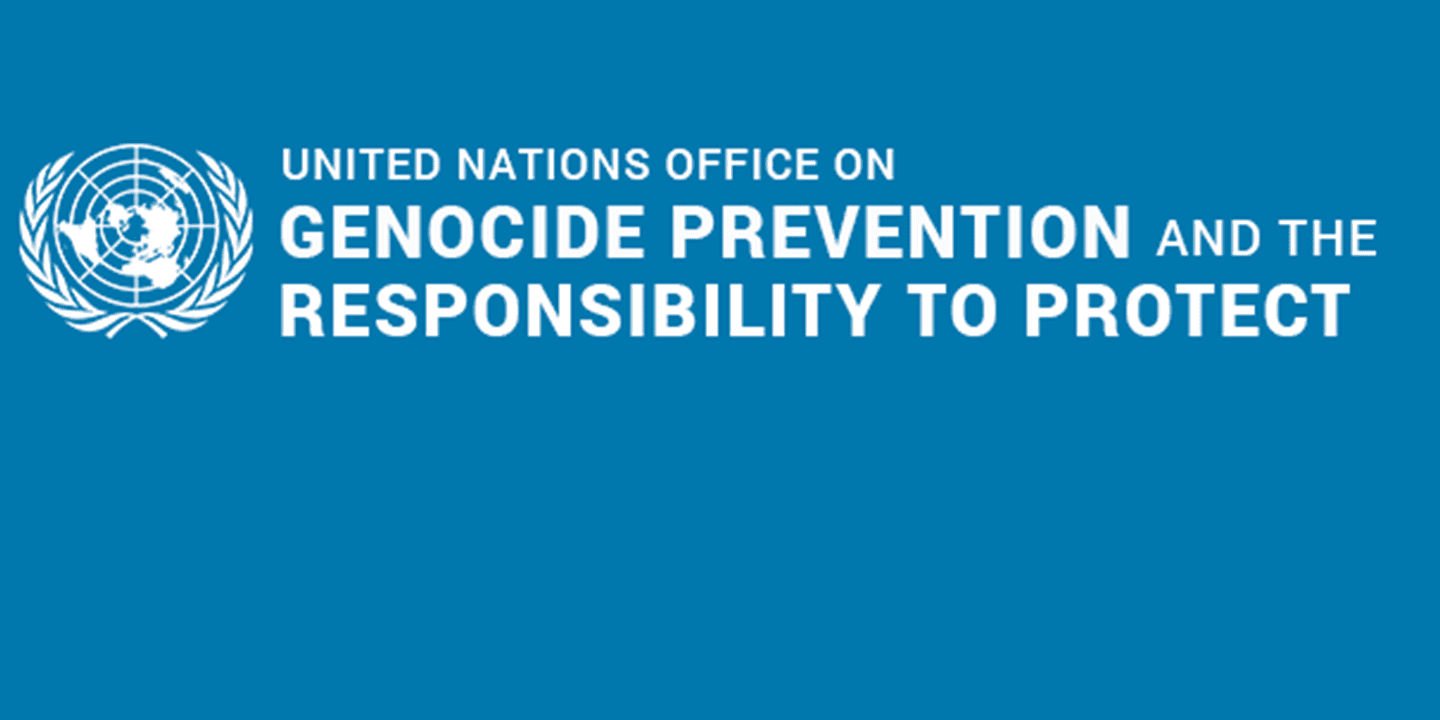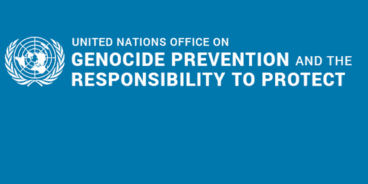

Statement by Ms. Alice Wairimu Nderitu, United Nations Special Adviser on the Prevention of Genocide, on the need to ensure full accountability for international crimes committed during the 1994 genocide against the Tutsi in Rwanda and the 1995 Srebrenica genocide
The Special Adviser on the Prevention of Genocide, Alice Wairimu Nderitu, underlined the imperative for ensuring full accountability for international crimes committed during the 1994 genocide against the Tutsi in Rwanda and the 1995 Srebrenica genocide, and urged States hosting those who remain fugitives to prosecute or extradite them without delay. She alluded specifically to the more than 1,000 fugitive génocidaires from Rwanda and thousands of suspected war criminals from the Former Yugoslavia who are still at large. This includes despite existing indictments and international arrest warrants in place.
“In a world community where the global commitment to prevent genocide, the crime of crimes, is reiterated each 9 December, when we celebrate the International Day of Commemoration and Dignity of the Victims of the Crime of Genocide, there cannot be space for impunity being facilitated by States unwilling to take the necessary action for justice to prevail. The space for impunity must shrink and the space for accountability must widen.”
The Special Adviser specifically called on States hosting individuals indicted by the ICTR or the ICTY to take active and immediate steps to ensure that those individuals can be brought to justice without further delay, by prosecuting them before their own jurisdictions, or by extraditing them to jurisdictions in which they can be prosecuted. “Only when all perpetrators have been held into account we will we be able to uphold the expectations that all victims rightly possess: that their voices are heard and their suffering acknowledged, and that there is justice for the crimes committed against their loved ones,” the Special Adviser stated.
Special Adviser Wairimu Nderitu also reiterated the strong connection between accountability and prevention, and alerted of the risk that deficits in the field of accountability for past violations contributes directly to sow the seeds of future violations. This is particularly true in societies that have experienced international crimes in the past. “These are the gravest international violations. In the case of genocide – the gravest of crimes, the crime of crimes – for targeting a specific, protected group with the intention to destroy it in whole or in part. For wanting to erase a national, ethnical, racial or religious group from the face of the Earth. Justice for the commission of international crimes is not only critical for the sake of accountability, but also for reconciliation and for prevention, and for moving forward in peace,” she emphasized.
The Special Adviser noted the critical role of the International Residual Mechanism for Criminal Tribunals (IRMCT) in continuing providing assistance to national jurisdictions upon request, but also emphasized that much more is necessary to ensure accountability. “While the ICTR, ICTY and IRMCT have led efforts for accountability and have brought justice to victims and survivors in both Rwanda and the Former Yugoslavia, including – in the case of the IRMCT – by providing assistance to national jurisdictions upon request, many alleged perpetrators are still at large and are yet to meet their day in court. The wheels of justice must keep turning, the voices of victims must continue being heard, and all perpetrators must be held into account for their actions,” she emphasized.
Equally imperative in the view of the Special Adviser is the need to promote healing and reconciliation once the voice of justice has spoken and verdicts have been issued. “Justice is an essential prerequisite for healing and reconciliation, but it is not sufficient. The task of acknowledging all suffering, of bringing people together and of building a future free from the crimes committed in the past requires concerted and sustained efforts both by those in positions of leadership as well as by all citizens within their respective communities and spaces. Peace and prevention champions must be supported, and their efforts must be encouraged and sustained because their success will remain essential,” concluded the Special Adviser.
